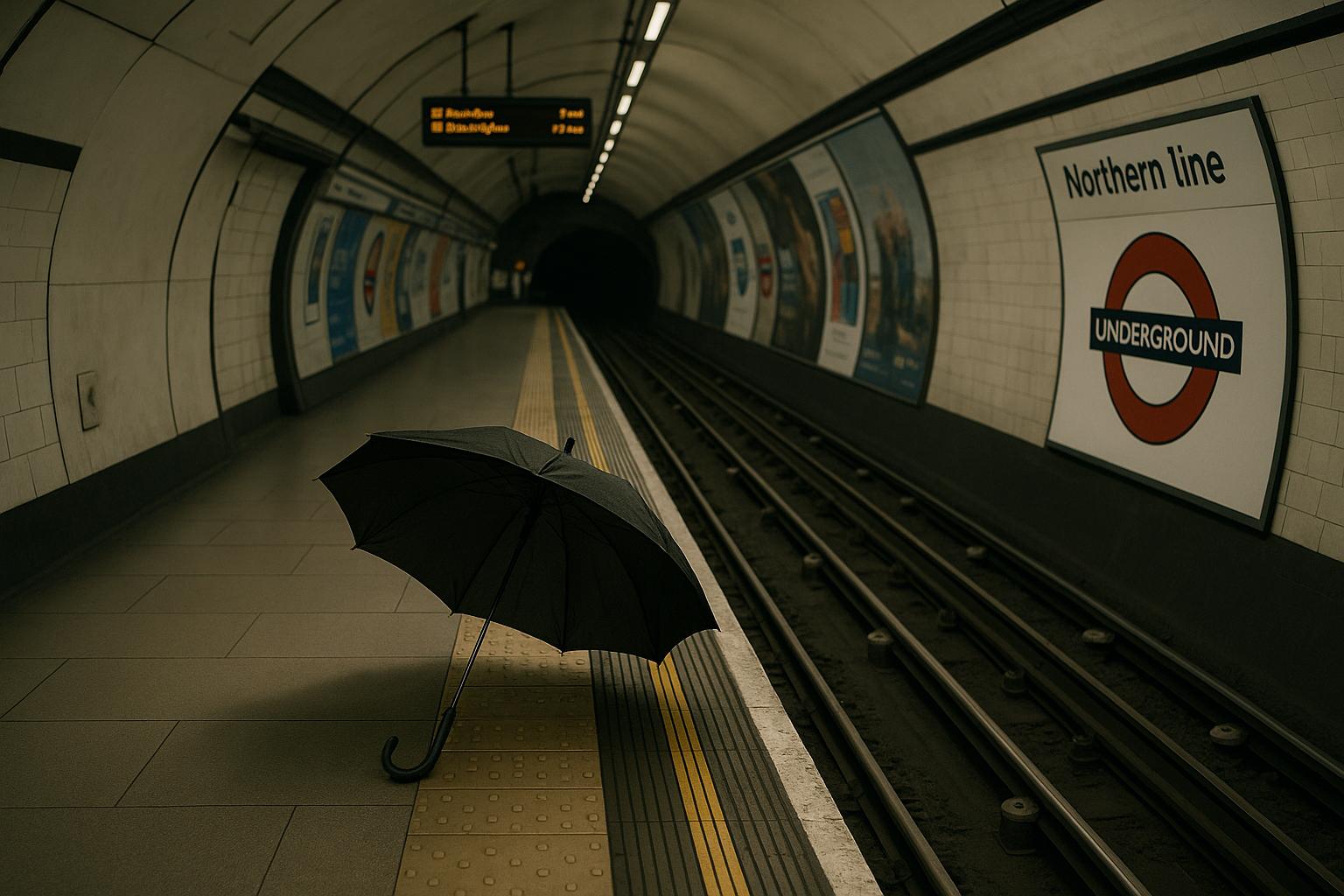Transport for London (TfL) and the RMT union representing London Underground staff have reportedly reached a tentative breakthrough in negotiations that could avert a disruptive strike on the Northern Line. This development comes after what has been described as a tense and protracted stalemate, which posed a significant threat to one of London’s most critical transport arteries. Critics question whether Mayor Sadiq Khan’s hands-off approach has only emboldened union demands and allowed the dispute to drag on unnecessarily. As chair of the TfL board and mayor of London, Khan’s reluctance to take firm action suggests a complacency that risks leaving Londoners hostage to union brinkmanship.
The potential strike, looming since late 2025, was set to cause widespread chaos across the capital. Earlier this year, the RMT union rejected TfL’s proposal for a four-day working week starting in 2027, despite it maintaining current pay levels and familiar working hours. Over 1,200 union members voted to oppose the measure, arguing that an additional day off would still adversely impact their working lives. This rejection signaled an escalation in union tactics, with a vociferous push for improved conditions that some argue are driven more by union power plays than genuine worker needs.
TfL’s warnings in September 2025 that an underground shutdown was imminent if the union persisted only highlight how the mayor’s failure to intervene decisively has extended the conflict. The core issues—demanded pay rises of 25% since 2020 and enhanced leave entitlements—contrast sharply with TfL’s offer of a modest 3.4% increase and no concessions on working hours. Such a stark disparity exposes the relentless pressure unions exert in an era where public services are under financial strain, often at the expense of Londoners who rely on reliable transport.
The economic impact of a strike was forecasted to be significant: an independent analysis estimated a £230 million hit to London’s economy, especially damaging central London’s retail, hospitality, and leisure sectors. Yet, rather than stepping in to facilitate a settlement, Mayor Khan’s previous efforts have largely been reactive. In early 2024, he brokered a pay deal offering up to a 10% increase, including lump sums and back pay, but such gestures have failed to quash union militancy for long. Critics argue this trend reveals Khan’s tendency to placate union demands rather than confront them with the firmness needed to protect the city’s interests.
Khan’s public stance has historically emphasized dialogue over confrontation, condemning unnecessary strikes and championing negotiations. In 2017, he dismissed a planned Tube strike over job cuts as “completely unnecessary,” advocating for expanded employment opportunities on the network. Similarly, in late 2024, he predicted that ongoing negotiations might prevent planned strikes, but these assurances seem hollow as disputes persist. His critics contend that the mayor’s passive oversight has only allowed union tactics to flourish, hampering decisive action needed to safeguard London’s transport infrastructure.
With recent claims of a breakthrough, questions remain whether this will translate into a lasting resolution. True leadership demands more than mere negotiation—it requires intervention to prevent these disputes from escalating again. As London’s key transport network teeters on the edge of disruption, it’s clear that the mayor’s approach continues to fall short, risking further instability and failure to prioritize the city’s economic and everyday needs. The message from opposition commentators is straightforward: without a firmer stance, London risks being held hostage by union ultimatums rather than progressing with sustainable solutions.
Source: Noah Wire Services
